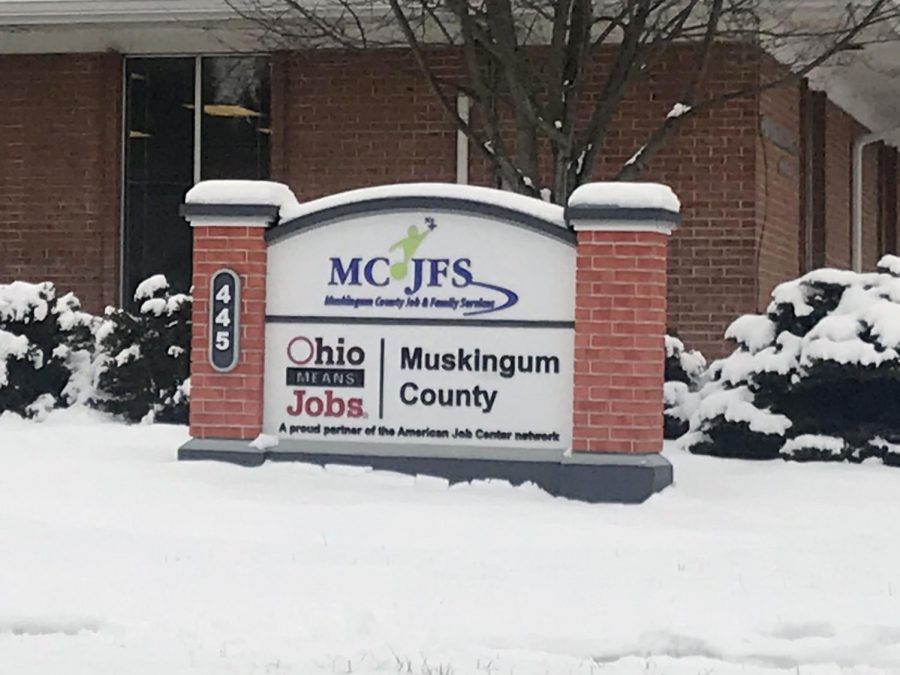What to do if you were the recipient of unemployment fraud
February 3, 2021
Following the mailing of unemployment earned taxable income forms, many Ohioans have recently found themselves at the forefront of identity theft and unemployment fraud.
The fraud is so severe that state officials including Governor Mike DeWine, First Lady Fran DeWine and Lieutenant Governor Jon Husted all had fraudulent unemployment claims taken out in their names.
In an effort to streamline the reporting and investigation of fraud, the state has established both a dedicated call center and an investigative unit to assist residents.
As required by federal law, state unemployment agencies are required to at least offer claimants the choice to have income tax taken out of unemployment proceeds and thus submit form 1099-G to taxpayers of their earned income.
That form, which is mailed out yearly in January, as are other tax forms such as W-2’s, was the first indication many Ohioans had that their identifies had been stolen and fraudulent claims filed under their names.
Locally, the Muskingum County Job and Family Services (MCJFS), which does not handle unemployment, started receiving a large influx of calls from worried area residents questioning the forms which bared their names and often included large sums of attributed income.
Troy McCollister, Director of the MCJFS, said the local office has tried its best to connect residents with the appropriate resources to correct fraudulent claims and restore the damage done to individual’s identities.
“We all truly sympathize with the frustrations that people are having and want them to know the best avenue for a remedy,” said McCollister late last week.
Monday, in response to a large influx of cases state-wide, the Ohio Department of Job and Family Servies (ODJFS) announced the establishment of a new toll-free number for individuals to notify the agency if they believe their personal information was compromised and used to file a fraudulent unemployment claim.
The call center is staffed by over 50 dedicated, cross-trained customer service representatives during normal business hours, 8 a.m. until 5 p.m., Monday through Friday.
The agency is asking Ohioans to closely watch for mailed IRS form 1099-G, which they believe will be the biggest indicator for victims in noticing an unauthorized claim.
According to a representative with the agency, ODJFS issued and mailed nearly 1.7 million 1099-G tax forms between its traditional unemployment program and the Pandemic Unemployment Assistance (PUA) program, designed by congress to assist those who would have otherwise not qualified.
The PUA program was one of the larger assistance programs created under the C.A.R.E.S Act in late March last year, which sought to protest workers when the economy was shut down and they lost any opportunity to earn an income.
That program, unlike traditional unemployment, assisted those who were self-employed, worked part-time or were employed in gig-economy positions, as well as those in many other unique employment situations.
The agency now believes that criminals used the once-in-a-century pandemic and the resulting explosion of unemployment claims, which overloaded the application process, to file a large number of fraudulent claims using stolen identities.
It is unknown how those fraudulent claims might have affected the state’s unemployment reporting, such as the percentage of Ohioans who are or were unemployed each week.
Ohioans have two options to report suspected fraud, they can phone the dedicated call center at (833) 658-0394 or report online by visiting unemployment.ohio.gov and clicking the “report identity theft” option.















